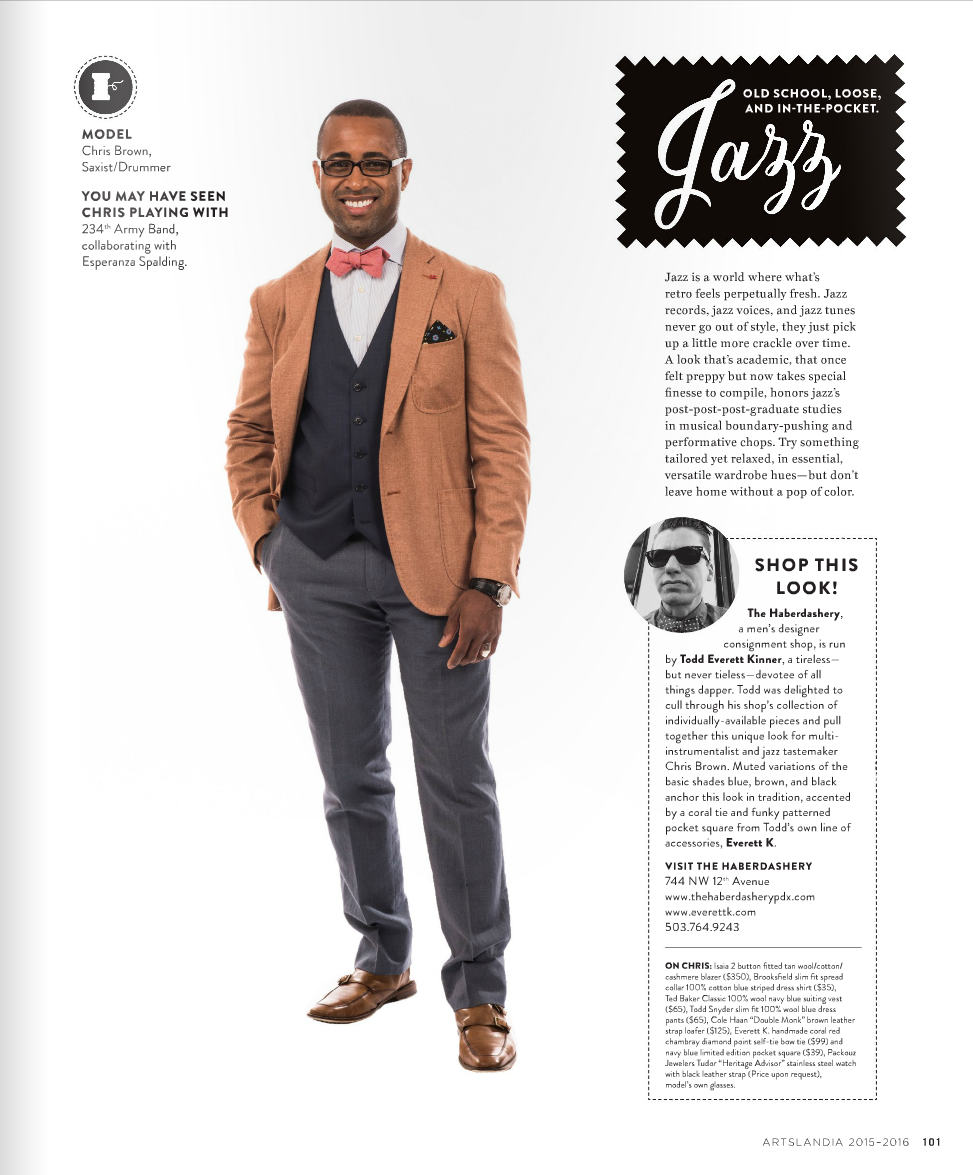The Laziness Fallacy
The irony of the word lazy is that it’s a lazy form of analysis for inaction. In other words, it’s an expedient means of sidestepping the effort needed to ascertain why someone isn’t applying themselves as much as we’d prefer to see. However, if you’re a “leader,” this goes against the very nature of your position. After all, if everyone always knew what to do, there’d be no need for your position. So know that when you don’t center the conversation around how to clarify what the actual mechanisms-of-action need to be to generate results, then the conversation ceases to be a mechanical issue and instead becomes rooted in that of morality--which frankly only steals time and attention away from surgically identifying both the problem and solution.
That said, I believe that the root of inaction is simply clarity (or rather a lack thereof). And clarity around what, you might ask? Clarity around what the steps are supposed to look like, and what it might mean for the status of one’s position if they were to admit when they don’t understand something (especially when everyone around them seems to know what’s going on). So in these kinds of situations, it tells me a couple of things:
1) They’re not convinced that the work (or home) culture is as supportive as it might espouse itself to be when it comes to training. An easy example of this is the parent or boss whose open-door policy you doubt is all that “open.” #hiding
2) There may be a real cultural disconnect between leadership and those within their charge that’s causing messages to be filtered through the communicative trough of skepticism, as neither side of the aisle is convinced that enough knowledge and respect exists for the pressures that either side has to contend with on a regular basis (thus causing workflows to move slow, which in turn could be construed as laziness). #powerdynamics
3) There may be a disconnect between what a candidate initially assumed the scope of their duties to be, and what actually lies in store for them. And as such, this will create a series of Wild West-esque standoff’s until either a renegotiation is met or they part ways. Either way, the narrative in the middle is likely to read by the establishment (at first) as if the new person is lazy and lacks the requisite work ethic for the job. #clarity
As you can see, all of these points center around the art of communication. Which, just like Jazz, means that it’ll be incumbent upon each of us to be as familiar as possible with all the different styles of communication there is if we’re to seamlessly flow in and out of any working environment we want.
In conclusion, I’d encourage you to see curiosity as being the antidote to “laziness.” And if the thought of taking the time to pump your breaks in this way feels like nails on a chalk board because you’re a hard charging go-getter, then it tells me that you have very little headroom for flexibility (which is liable to make you a liability sooner or later). After all, to want to go fast without the capacity to stop or change directions on a dime only makes the constant revving of your engine (i.e. the beating of your chest) a form of peacocking. That said, if you’re in a situation where you have to have immediate results because the stakes are that high, then by all means, put the pedal to the metal if you must and hope that you can contend with the consequences later. But if not, consider taking the time needed to build the kinds of systems and cultural conditions that can promote more clarity, transparency, and compassion within your home and work spaces.


